Delegate Tran Nhat Minh (Nghe An delegation ) - Photo: National Assembly
On the morning of October 28, the National Assembly discussed a report on monitoring the implementation of policies and laws on environmental protection since the Law on Environmental Protection 2020 took effect, with many delegates concerned about the treatment and classification of waste at the source, which is currently a major source of pollution.
Regulations require waste classification but 31 localities have not implemented it yet.
According to delegate Hoang Quoc Khanh ( Lai Chau delegation), the Law on Environmental Protection stipulates that organizations, households and individuals must be responsible for classifying waste at source. Collection and transportation must be classified at source, and collection units have the right to refuse if they do not classify and will be fined if they do not classify waste.
However, the report said that by June 30, only 32/63 localities (statistics based on the number of old provinces and cities - PV) had classified domestic solid waste, while 31 localities had not yet done so.
Meanwhile, the amount of solid waste is increasing rapidly, reaching 69,400 tons per day, but most of it is not classified but collected and treated by landfill, accounting for more than 62%, the rest is treated by incineration.
In fact, people in many places have not yet formed the habit of separating recyclable waste, organic waste and other waste. There is a lack of infrastructure for waste sorting and collection such as sorting bins, collection vehicles, and inappropriate recycling facilities, and there are no clear and consistent sanctions regulations between localities.
Delegate Khanh said that there is a situation where garbage is classified at home but is still collected together, discouraging people from classifying.
There are few support policies to encourage source separation, and there is a lack of effective pilot models. Monitoring and punishment are not strict, so implementation is still a formality. Infrastructure and waste treatment technology are still lacking, investment is limited and not commensurate...
Regarding this issue, delegate Tran Nhat Minh (Nghe An delegation) also pointed out the fact that up to 62% of waste is still treated and buried, most of which is unsanitary due to outdated technical infrastructure, many landfills cause environmental pollution. The promulgation of policies on waste classification, collection and treatment is not on schedule, and there is a lack of infrastructure.
In particular, the regulation also clearly states that plastic waste must be classified, brought to recycling facilities, packaging products collected after use, and collected at retail locations... However, millions of tons of plastic waste are generated each year, but currently only 27% is collected, classified, and recycled. Single-use consumption habits such as plastic bags, ready-to-use plastic bottles, straws... are still common.
Polluters should pay, improve sorting efficiency
Therefore, delegate Minh said that it is necessary to synchronize waste collection, invest in the system of collection, transportation, treatment and classification of waste, have plants to treat organic waste and hazardous waste. Raise people's awareness and consciousness in waste classification , reduce pollution, save resources on the basis of having education programs, widely propagandize in schools and residential areas.
The principle of polluters pay should be implemented. Instead of charging households the same amount, those who litter more should pay more, creating incentives for people to sort and reduce littering to encourage recycling and sustainable consumption.
At the same time, there is a strict monitoring and sanctioning mechanism to motivate people to classify and treat waste. There is a roadmap and implementation model for each locality, each urban and rural area. Enterprises are required to be responsible for collecting and treating waste, product packaging, etc.
Regarding plastic waste treatment, delegate Khanh said that it is necessary to promptly summarize and evaluate the implementation of the decision to adjust the roadmap, allocate resources, increase collection and classification, and replace environmentally friendly materials for plastic waste. Strictly implement regulations requiring production facilities to be responsible for the entire product life cycle, collect and recycle plastic waste, etc.
Faced with the above situation, delegate Mai Van Hai (Thanh Hoa delegation) said that it is necessary to have a National Assembly resolution on thematic supervision to remove difficulties and obstacles in implementing the Law on Environmental Protection. Along with that, there should be policies to support, encourage and promote socialization to attract investment in the field of environmental protection and treatment of solid waste, especially in rural areas.
Authorities at all levels need to increase direction, propaganda and legal education on environmental protection, raise awareness and change the behavior of people and businesses, especially in classifying and recycling domestic solid waste.
Source: https://tuoitre.vn/dai-bieu-de-nghi-nguoi-xa-nhieu-rac-phai-tra-nhieu-tien-de-nang-cao-y-thuc-phan-loai-rac-tai-nguon-20251028121412258.htm


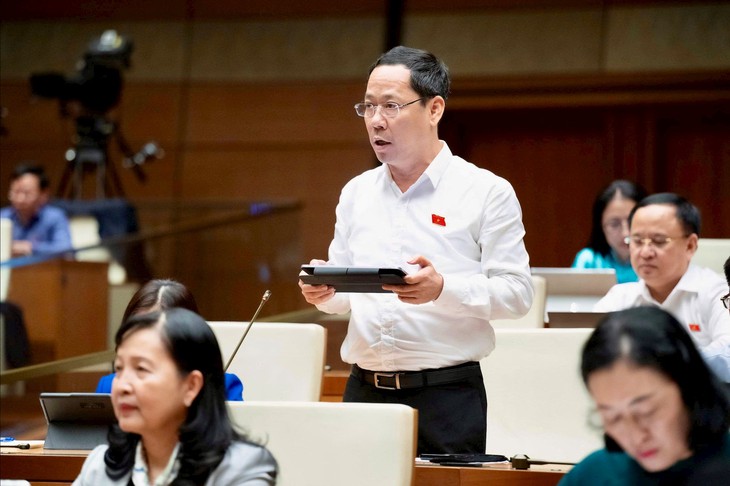


![[Photo] Draft documents of the 14th Party Congress reach people at the Commune Cultural Post Offices](https://vphoto.vietnam.vn/thumb/1200x675/vietnam/resource/IMAGE/2025/10/28/1761642182616_du-thao-tai-tinh-hung-yen-4070-5235-jpg.webp)
![[Photo] National Assembly Chairman Tran Thanh Man received a delegation of the Social Democratic Party of Germany](https://vphoto.vietnam.vn/thumb/1200x675/vietnam/resource/IMAGE/2025/10/28/1761652150406_ndo_br_cover-3345-jpg.webp)
![[Photo] Flooding on the right side of the gate, entrance to Hue Citadel](https://vphoto.vietnam.vn/thumb/1200x675/vietnam/resource/IMAGE/2025/10/28/1761660788143_ndo_br_gen-h-z7165069467254-74c71c36d0cb396744b678cec80552f0-2-jpg.webp)

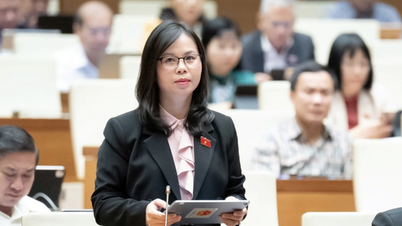

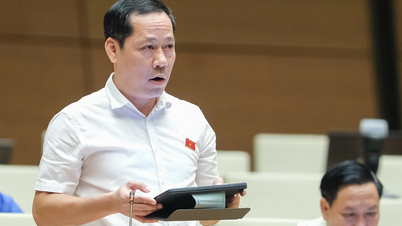

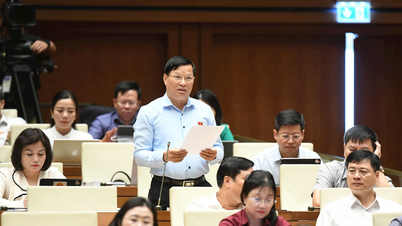
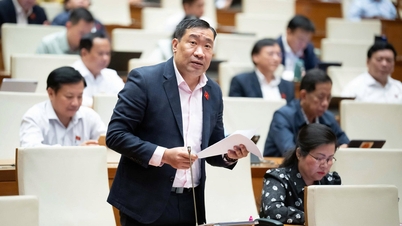

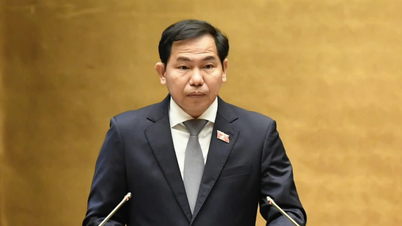

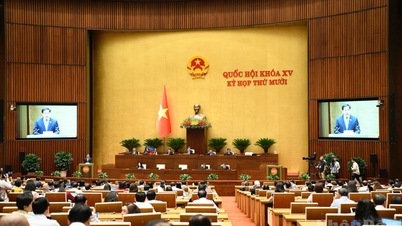


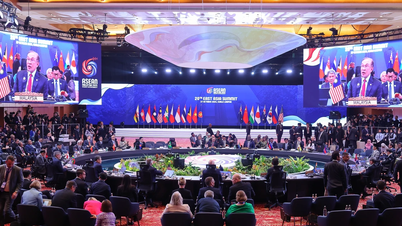
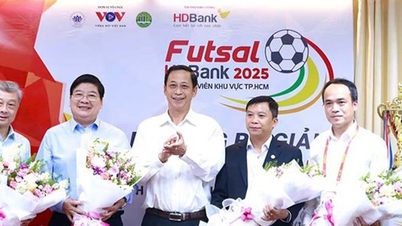

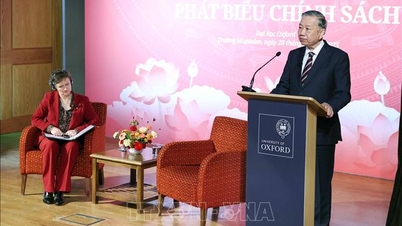

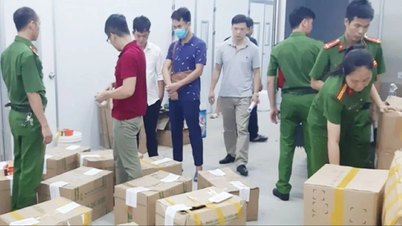

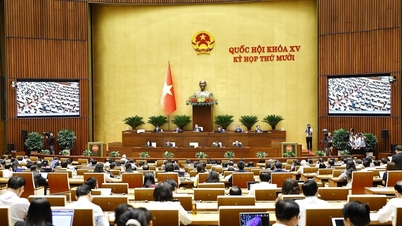





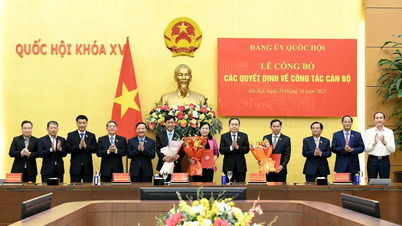


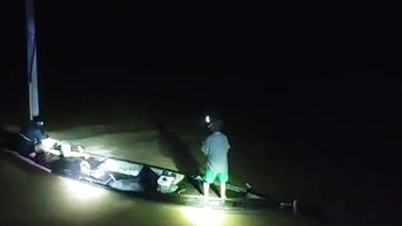


![[Photo] President Luong Cuong attends the 80th Anniversary of the Traditional Day of the Armed Forces of Military Region 3](https://vphoto.vietnam.vn/thumb/1200x675/vietnam/resource/IMAGE/2025/10/28/1761635584312_ndo_br_1-jpg.webp)






























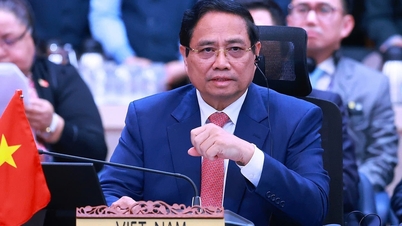
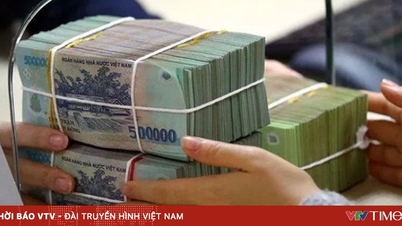

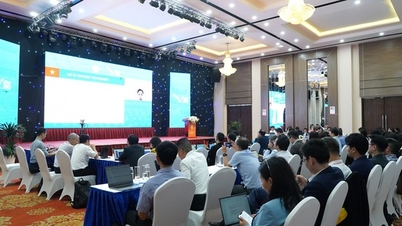

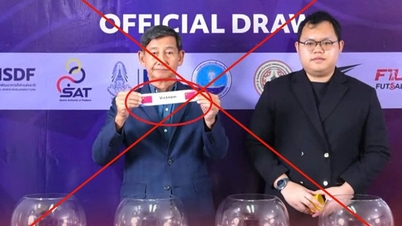

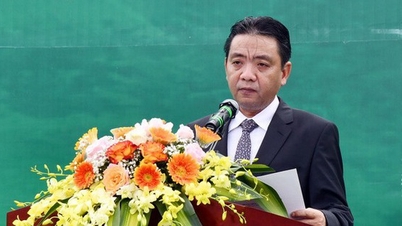
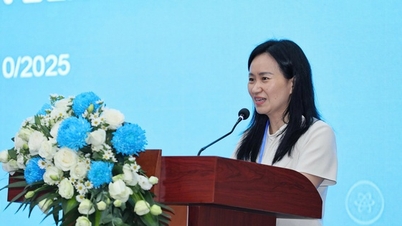
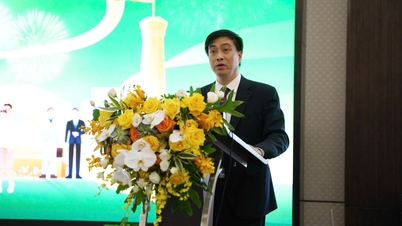


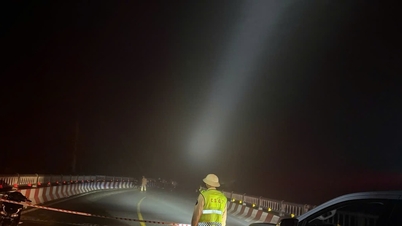

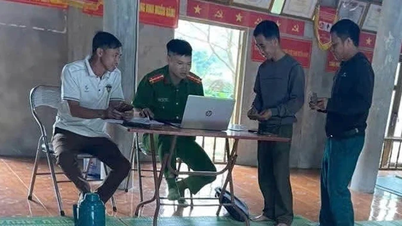

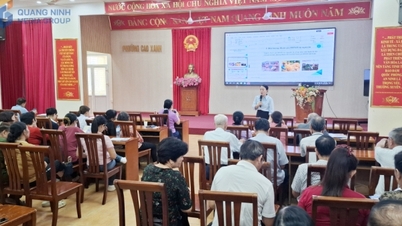

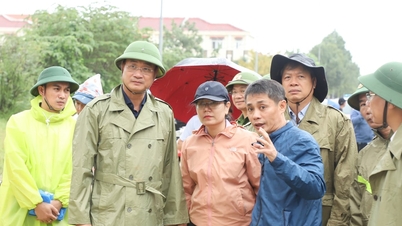

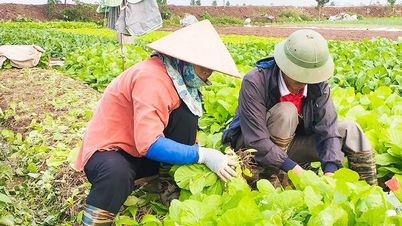
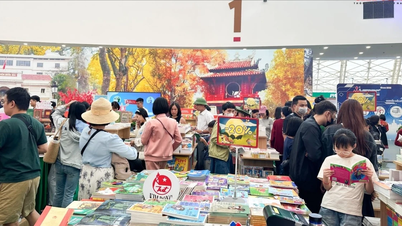















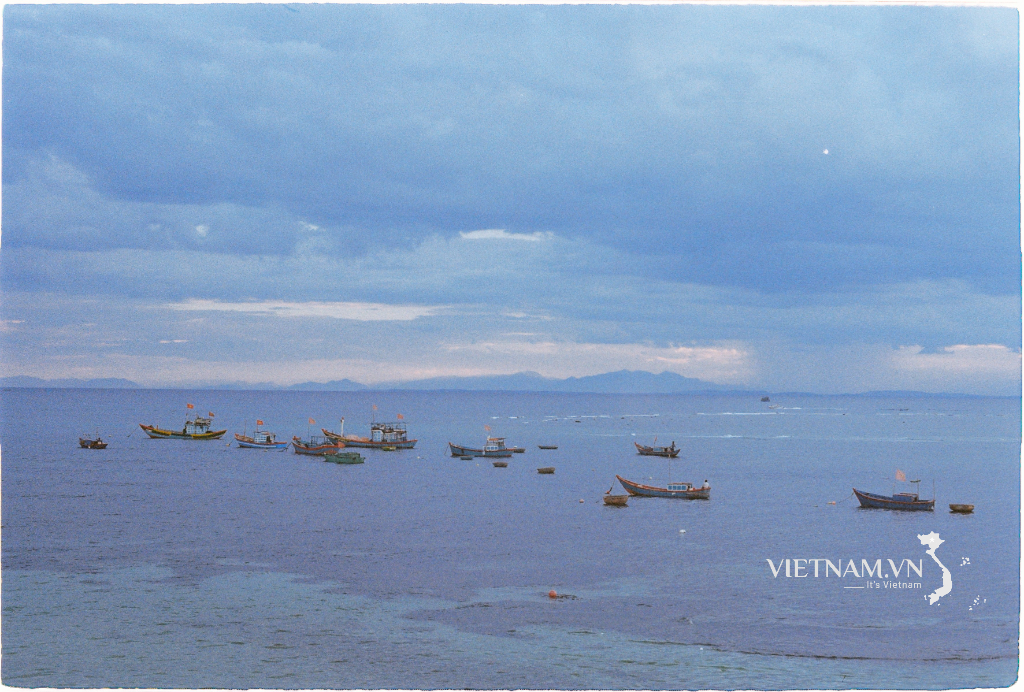

Comment (0)